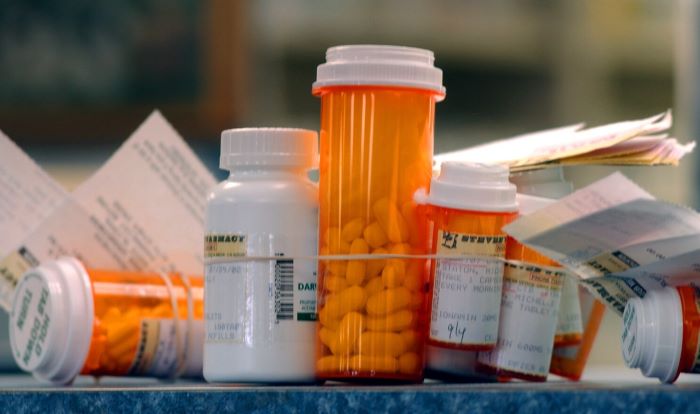Team L&M
Policy measures such as extended prescription for chronic diseases like hypertension helped India cope better with the chaos unleashed during the pandemic. This was stated by medical experts from Banaras Hindu University and other public health leaders addressing an event organised by the Family Planning Association of India (FPAI).
In the early 2020, soon after Covid struck, recognising the need to safeguard India’s massive population group of ‘people living with non-communicable diseases (NCDs), the Ministry of Health and Family Welfare (MoHFW), showed tremendous foresight by recommending a seemingly minor health system reform that could potentially save millions of those who are already suffering from chronic conditions like cardio vascular disease, diabetes or cancer. A guidance note from the MoHFW to all states issued on April 14th, 2020 stated “all known diagnosed patients of hypertension, diabetes, chronic obstructive pulmonary disease and mental health to receive regular supply of medicines for up to three months through ASHAs or health sub-centres on prescription.”
Speaking at the event, Dr Sudarshan Mandal, Deputy Director General (NPCDCS), Dte GHS, Ministry of Health and Family Welfare, said, “The government order safeguarded many lives. It continues to be relevant and can be an important strategy to ensure that more and more people can keep their blood pressure properly treated and under control. While all NCDs require a continuum of care and treatment, it is critically important to focus on hypertension and diabetes mellitus, also called the silent epidemics of India. For the 22 crore hypertension patients, more than eight crore diabetics and all the other suffering from NCDs in India, this can revolutionise health care delivery.”
Department of Community Medicine, Institute of Medical Sciences, Banaras Hindu University along with GRID Council under Project REACH-HTN, conducted an analysis across four states to gauge the success of making blood pressure medicine refills available for extended days as per the government guidance.
“Our analysis revealed that issuance of the government order recommending that medicines be made available for at least a month, has been overall beneficial for those relying of public health systems for their treatment – particularly those in rural India. It encouraged a number of innovations such as use of differentiated drug delivery system and disbursement of medicines through ASHAs and ANMs. The primary benefit was that it decentralised the process of drug delivery, bringing medicines closer to the people. IHCI districts were particularly efficient and structured in rolling out this government order,” said Dr Sangeeta Kansal, Professor at the Department of Community Medicine, BHU and principal investigator of the project
There are over 500 million Indians who rely on the public health system, and to get a continuous supply of essential medicines is a challenge for them.
BHU’s analysis showed that by December 2020 most states had provided hypertension medicines with relative success. Maharashtra was able to disburse extended days prescription for up to 90 days to almost 100% hypertensives registered with the NPCDCS program. Sufficient medicines were purchased in advance, sub centres used as a drug depot and HWCs rapidly scaled up. In Karnataka, the frontline health worker was asked to dispense medicines to hypertensive patients for one month at a time to avoid possible wastage. The study also noted that at least 40 per cent of districts under the India Hypertension Control Initiative (IHCI) benefitted from a robust roll out of the order for extended days drug supply.
